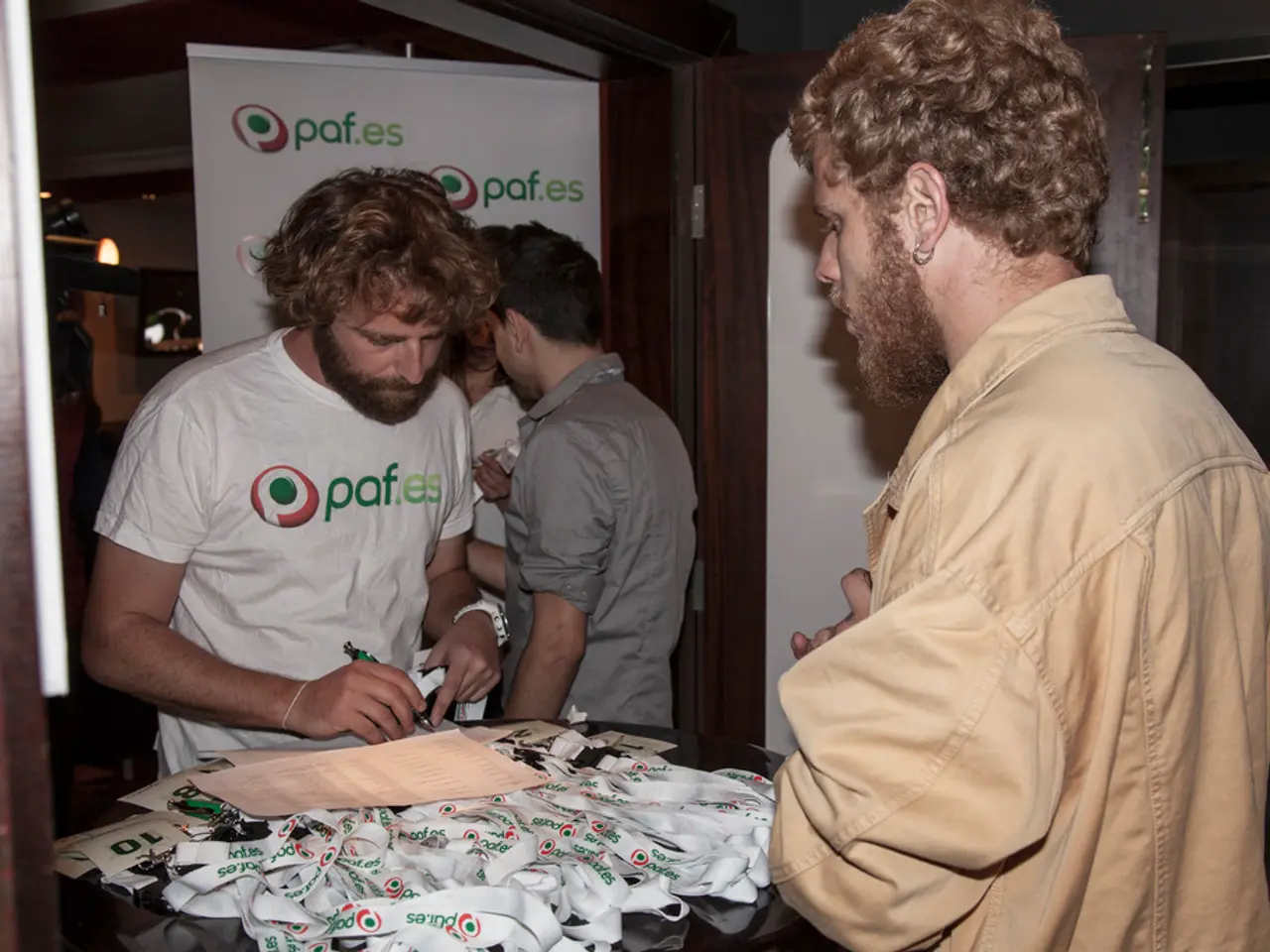boosting cognitive reserve for Alzheimer's: strategies for later stages of life
Strengthening Cognitive Reserve: A Multimodal Approach
A comprehensive approach to brain protection involves a blend of physical activity, mental challenges, social engagement, nutritional support, stress management, and quality sleep. This strategy is designed to strengthen neural networks and delay cognitive decline.
Research indicates that activities combining physical exercise and cognitive stimulation offer the strongest support for cognitive reserve. Aerobic exercise, team sports, and open-skilled physical activities like dancing improve executive functions, attention, memory, inhibitory control, and cognitive flexibility. These benefits are attributed to enhanced brain plasticity, vascularization, and reduced inflammation [1][2].
Combining physical activity with cognitive training amplifies cognitive gains, promoting neuroplasticity through increased brain-derived neurotrophic factor (BDNF) and improved cerebral perfusion [1]. Mentally challenging activities such as puzzles, word games, and learning new skills promote neuroplasticity by increasing grey matter volume and enhancing neural connections, which supports better memory, processing speed, and problem-solving [3].
Maintaining lifestyle factors like regular physical activity, intellectual engagement, sufficient sleep, healthy diet, and social interaction collectively supports optimal cognitive function and may delay dementia progression [4].
Starting with just two minutes of a chosen brain-building activity daily and gradually extending duration as the habit solidifies is an effective implementation strategy. Cross-training different cognitive domains develops multiple neural networks simultaneously, creating a more robust reserve.
Embracing novelty and cross-training your brain helps maximize cognitive reserve. Taking familiar journeys via unfamiliar paths activates the brain's attention and observation networks by paying deliberate attention to new sensory information. Social connection challenges strengthen multiple brain networks simultaneously by practicing active listening techniques, memorizing names, and engaging in discussions requiring perspective-taking.
Activities integrating physical and cognitive components deliver enhanced benefits. For instance, learning martial arts, dancing, and playing reactive sports create stronger neural connections and greater cognitive resilience due to their combined physical and cognitive challenges.
Even individuals beginning new mentally stimulating hobbies in their 70s and 80s demonstrate measurable improvements in cognitive function and increased reserve capacity. Building cognitive reserve represents a significant investment in future quality of life, delivering dividends in the form of extended mental clarity, independence, and identity preservation.
Creating a simple weekly checklist to ensure engagement of all cognitive domains prevents overreliance on preferred cognitive styles. Digital learning microbursts trigger the neurochemical conditions ideal for building cognitive reserve through brief, concentrated learning experiences. Pairing new brain-building habits with existing daily activities (e.g., practice memory exercises during morning coffee) is a strategy for leveraging existing behavioral patterns.
In conclusion, a multimodal approach involving aerobic and skill-based physical exercise plus cognitively demanding activities offers the strongest support for cognitive reserve, contributing to sustained brain health and delayed cognitive aging [1][2][3][4]. Your brain thrives on new challenges, and neuroplasticity responds most strongly to novel experiences. So, let's keep challenging our brains and building that cognitive reserve!
[1] Hillman, C. H., Erickson, K. I., Kramer, A. F., & Gomer, R. H. (2008). The cognitive benefits of physical exercise. Nature Reviews Neuroscience, 9(7), 566-578.
[2] Colcombe, S. J., Kramer, A. F. (2003). Fitness effects on intelligence: The power of aerobic exercise to improve cognitive function. Progress in Brain Research, 147, 227-244.
[3] Bauer, P. J., & Arenaza-Urquijo, A. I. (2014). The role of physical activity in enhancing cognition: Current evidence and future directions. Nature Reviews Neuroscience, 15(8), 544-556.
[4] Stern, Y., Monane, M., Tang, M. X., & Wilson, R. S. (2006). Alzheimer disease: Maintaining cognitive function in later life. The New England Journal of Medicine, 355(10), 1038-1051.
- Engaging in activities that combine mental challenges, such as puzzles and word games, with physical exercise like dancing, can boost neurological health and improve medical conditions related to health and wellness, such as delayed cognitive decline and neurological disorders.
- Building cognitive reserve through a multimodal approach that includes intellectual engagement, physical exercise, adequate sleep, a healthy diet, and social interaction may provide significant benefits, like extended mental clarity, independence, and preservation of identity, even for individuals diagnosed with certain neurological disorders in their later years.




